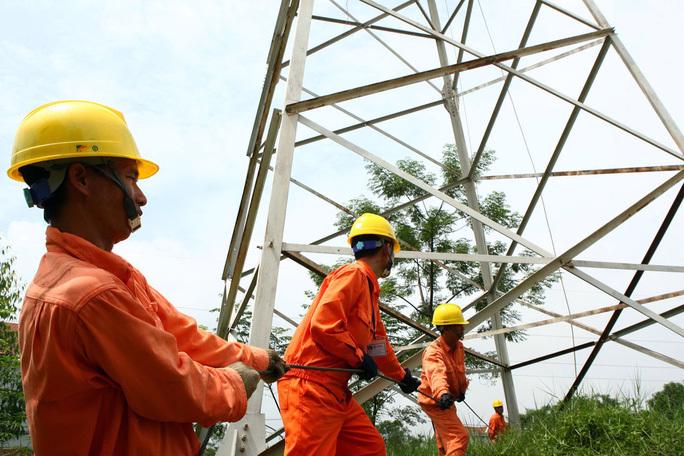Rising Demand and the Imperative for Action
In a bid to tackle the looming specter of electricity shortages in 2024, Prime Minister Pham Minh Chinh has issued a resolute call for the expeditious implementation of an electricity trading mechanism.
Emphasizing the gravity of the situation, the Prime Minister's directive underscores the pressing need for proactive measures to safeguard against potential deficits in the country's power supply.
Despite concerted efforts by the government and relevant stakeholders to bolster the nation's electricity infrastructure, the specter of scarcity looms large.
Forecasts indicate a staggering surge in electricity demand during the impending dry season, particularly in the northern regions of the country. With projections pointing to an unprecedented 17% increase in demand compared to the previous year, the urgency of the situation cannot be overstated.
Evolving Strategies for Enhanced Supply Assurance
In response to this imminent challenge, the Prime Minister has outlined a multifaceted approach aimed at fortifying Vietnam's energy resilience. Central to this strategy is the urgent formulation and promulgation of an electricity trading mechanism, slated for completion before April 30, 2024.
This mechanism is poised to transform the dynamics of electricity transactions, facilitating direct trading between power generators and major consumers while incentivizing the proliferation of renewable energy sources such as rooftop solar installations.
Moreover, the directive underscores the imperative of accelerating progress on key power generation and transmission projects outlined in the nation's latest electricity's Master Plan and Power Plan VIII.
Of particular significance is the expeditious completion of thermal power plants such as Cong Thanh and Nam Dinh 1 coal-fired facilities, vital for meeting the burgeoning energy demands of the northern provinces.
Coordinated Action for Sustainable Solutions
Acknowledging the interconnected nature of Vietnam's energy ecosystem, the Prime Minister's directive mandates a collaborative approach among government agencies, state-owned enterprises, and local authorities.
With the Ministry of Industry and Trade assuming a pivotal role in overseeing the nation's electricity landscape, close coordination with the Commission for The Management of State Capital at Enterprises is imperative to ensure the seamless execution of power transmission projects and procurement contracts.
Furthermore, heightened vigilance is warranted in the realm of environmental stewardship, with concerted efforts mandated to mitigate the adverse impacts of energy development on land use and ecological integrity.
This entails meticulous planning and forecasting to preemptively address potential environmental contingencies, underscoring the government's commitment to sustainable energy development.
Empowering Local Initiatives for Energy Efficiency
At the grassroots level, local administrations are tasked with spearheading initiatives aimed at enhancing energy efficiency and conservation measures.
Embracing a holistic approach, these initiatives encompass a spectrum of interventions ranging from the adoption of innovative technologies to optimize energy consumption to the promotion of solar energy utilization and the retrofitting of public infrastructure with energy-efficient lighting solutions.
A Call to Action
As Vietnam stands at the cusp of a pivotal juncture in its energy trajectory, the Prime Minister's directive serves as a clarion call to action. In charting a course towards a future defined by energy abundance and sustainability, concerted efforts across all strata of society are imperative.
By embracing the spirit of collaboration, innovation, and environmental stewardship, Vietnam can surmount the challenges ahead and emerge as a beacon of energy resilience in the region.









 Google translate
Google translate